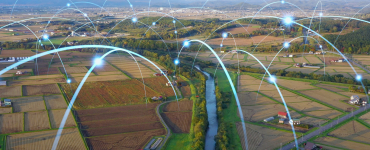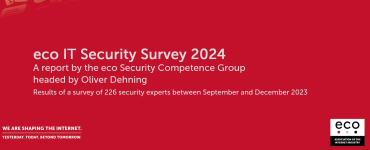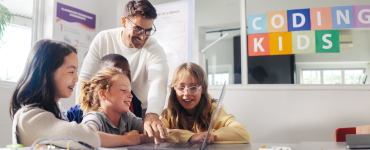- 43.1% of Germans inform themselves about party programmes and candidates from online newspapers and magazines
- Only 14.8% get their information from social media
In 2024, many Germans will be called upon to cast their votes several times, whether it’s for the state elections in Saxony, Thuringia or Brandenburg, or for the upcoming European elections in June. There will also be numerous local elections. In order to reach people during the election campaign, political parties are increasingly relying on the Internet and the opportunities it offers. This is a promising strategy, as a recent Civey survey representative of the population shows: People are increasingly preparing their voting decisions online: Approximately 90 per cent of Germans (88.2%) use digital services to learn about party programmes, as well as candidates.
Digital media influence voting decisions
The online sources used are very diverse: 43.1 per cent of Germans obtain their information from online newspapers and magazines. The Wahl-O-Mat is used by 42.7 per cent of Germans. Around one in three Germans (30.9 per cent) visit the websites of political parties and candidates. However, only 14.8 per cent inform themselves from social media. Emails from parties and online election events are less significant, at 6.6 per cent and 4.5 per cent respectively.
“The 2024 election campaign is no longer just about posters, information stands and talk shows; with its reach and extensive range of information, the Internet has taken on a relevant role in preparing the voting decisions,” says Alexander Rabe, Managing Director of eco – Association of the Internet Industry. “In addition to providing information, the Internet offers a wide range of opportunities for direct interaction with parties and candidates, thus helping to exercise a fundamental democratic right. The Internet offers the opportunity to better understand political contexts and provides a more diverse range of news.”
At the same time, Rabe calls for a critical approach to facts and opinions, some of which are spread through social media in an uncontrolled and manipulative way. “We need more targeted teaching of media literacy in educational institutions to raise awareness of false reports within social networks. We need to empower Internet users to recognise credible sources and verify factual claims.”
Download graphic





